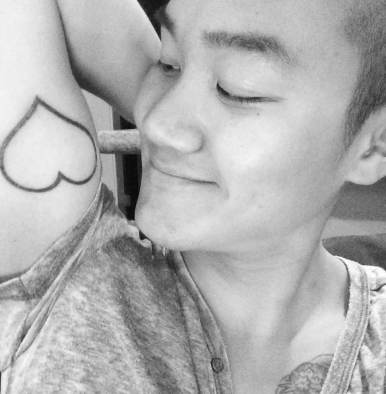One of the reasons we decided to put together this blog was to embark on a journey to discover ways that we can “do” transformation, with the idea that social change happens best through solidarity, building community, and sharing stories. Making efforts to do our work through a language of love and solidarity, has allowed me to consider ways I can texturize and nuance the approach to the anti-oppression work that I hope to do.
The past year has shifted my lens in the work that I do – especially coming from a place where, as an activist, I felt I was doing transformative work, solely through “calling out” oppression, and organizing against ‘oppressive systems’. A few months ago, I started working for a theatre company, that uses the ‘language’ of theatre to dialogue with community about social issues. One of the approaches that we have is to truly honour people’s stories – including those who we believe are ‘being oppressive’ – and to acknowledge that we are all members of communities.
While my “anti-O” training gave me a lens to critique and analyze power and oppression, often times I find it is easy to use the tools of “critique” to make quick categorizations, and to “Other” people who I believe are in opposition to me – especially people who exercise oppressive power.
One of the things that has been a great learning for me in my new job is this idea of “humanizing” people that I may construct in my head as “the opposition” or “the enemy”. While I may not intentionally “dehumanize” people, it’s easy to make judgements and categorize people who we view as “the problem”, because it’s easier for us to process them in our understanding of how “the system” works. For example, when someone is homophobic towards me, it’s easier to categorize them as an ignorant, patriarchal, homophobic asshole – than it is to actually look at them as people from my community.
Even though I may disagree with homophobic people, when I begin to see them not just as two dimensional “homophobic persons”, but rather, when I begin to see them as brothers, as fathers, as cousins, as sisters – as people with struggles – it allows space for us to have a moment of understanding, and perhaps an opportunity for dialogue.
I’m learning that you can’t change peoples actions by proving them wrong – but by honouring their stories, we demonstrate our own willingness to affect social change through building solidarity. And, of course, smothering them with love 🙂
In love and solidarity,
David Ng
